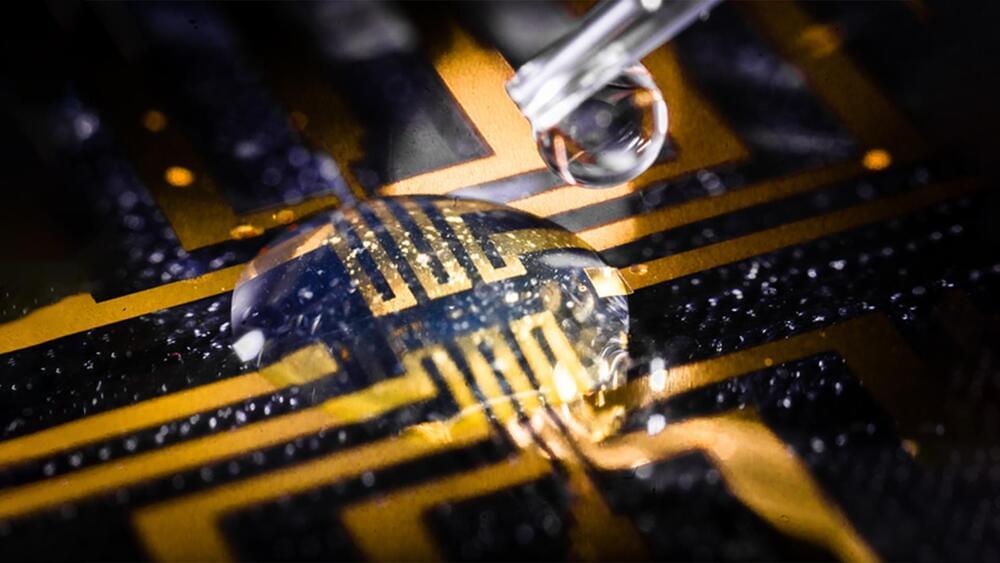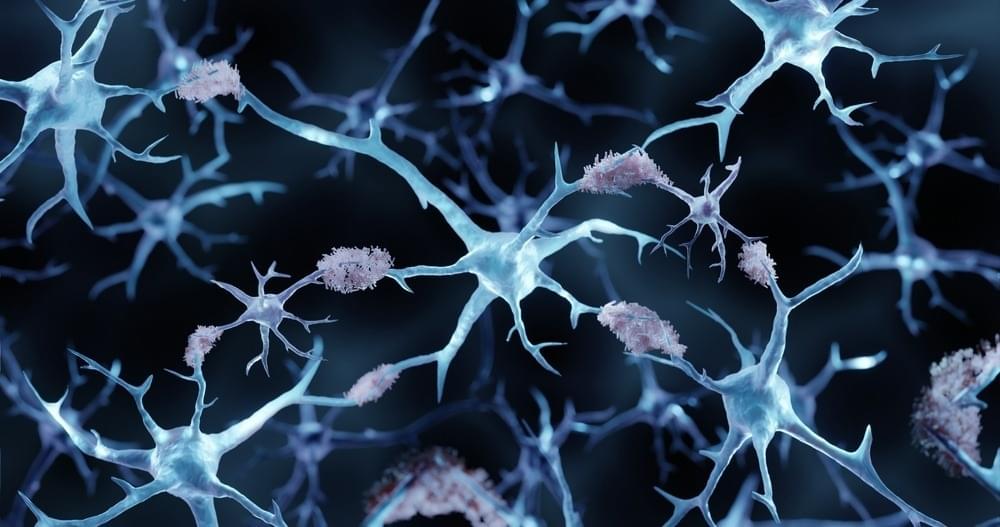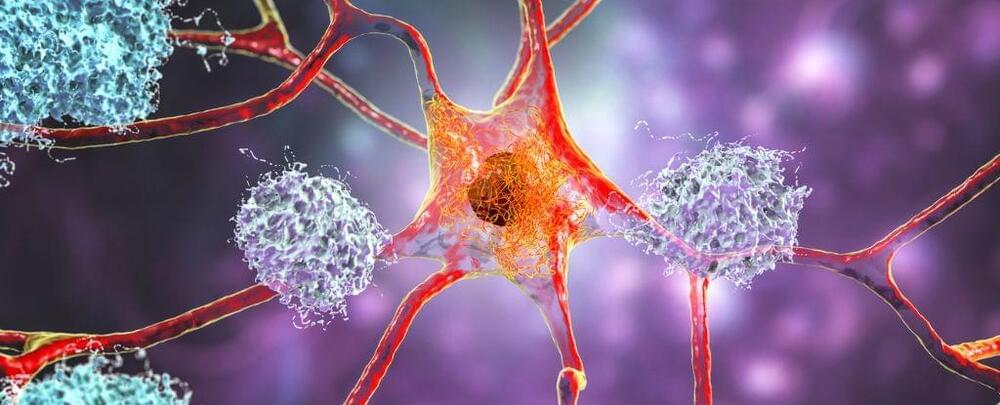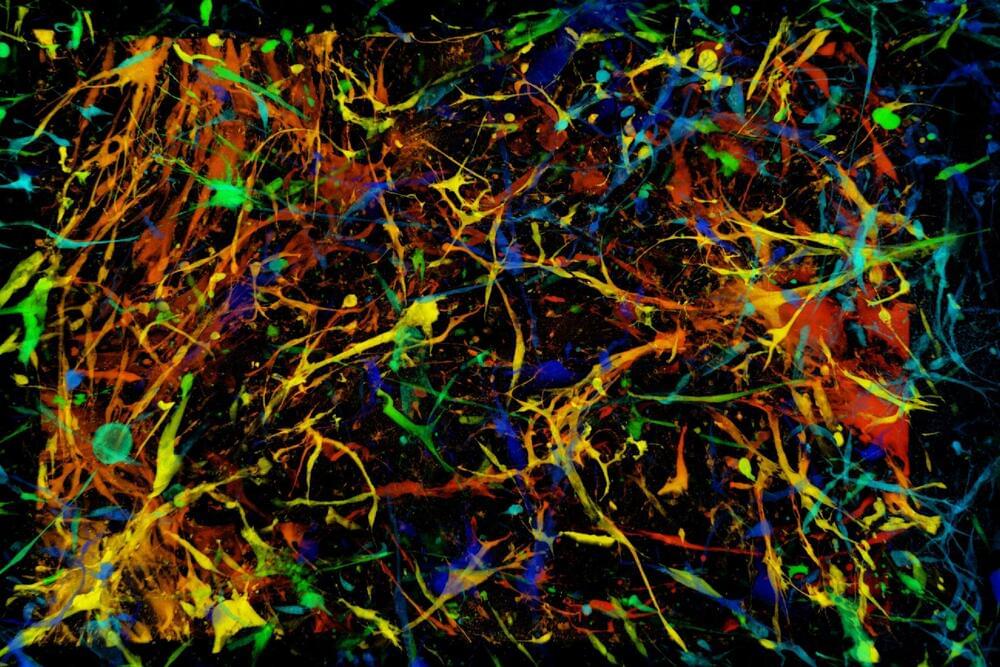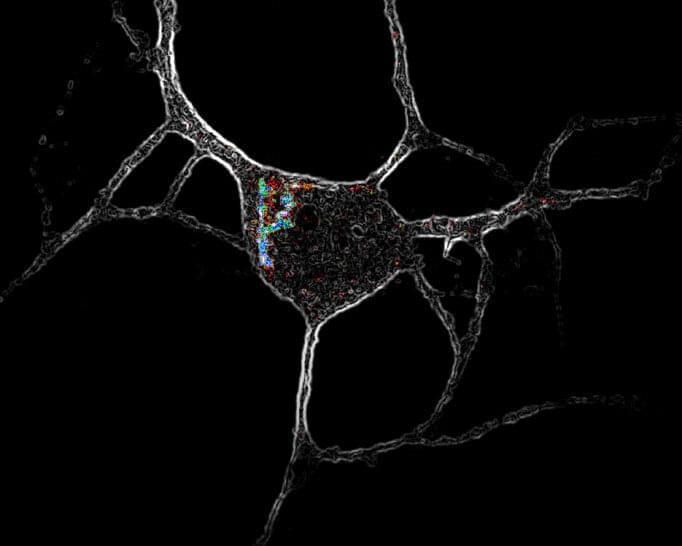Ben Goertzel in response to some common objections covered in an article on io9 by George Dvorsky ‘You’ll Probably Never Upload Your Mind Into A Computer’: http://io9.com/you-ll-probably-never-upload-your-mind-into-a-computer-474941498
Objections are covered in order as they appear in the article:
1. Brain functions are not computable.
2. We’ll never solve the hard problem of consciousness.
3. We’ll never solve the binding problem.
4. Panpsychism is true.
5. Mind-body dualism is true.
6. It would be unethical to develop.
7. We can never be sure it works.
8. Uploaded minds would be vulnerable to hacking and abuse.
Ben Goertzel wrote a response to the io9 article: http://hplusmagazine.com/2013/04/20/goertzel-contra-dvorsky-on-mind-uploading/
